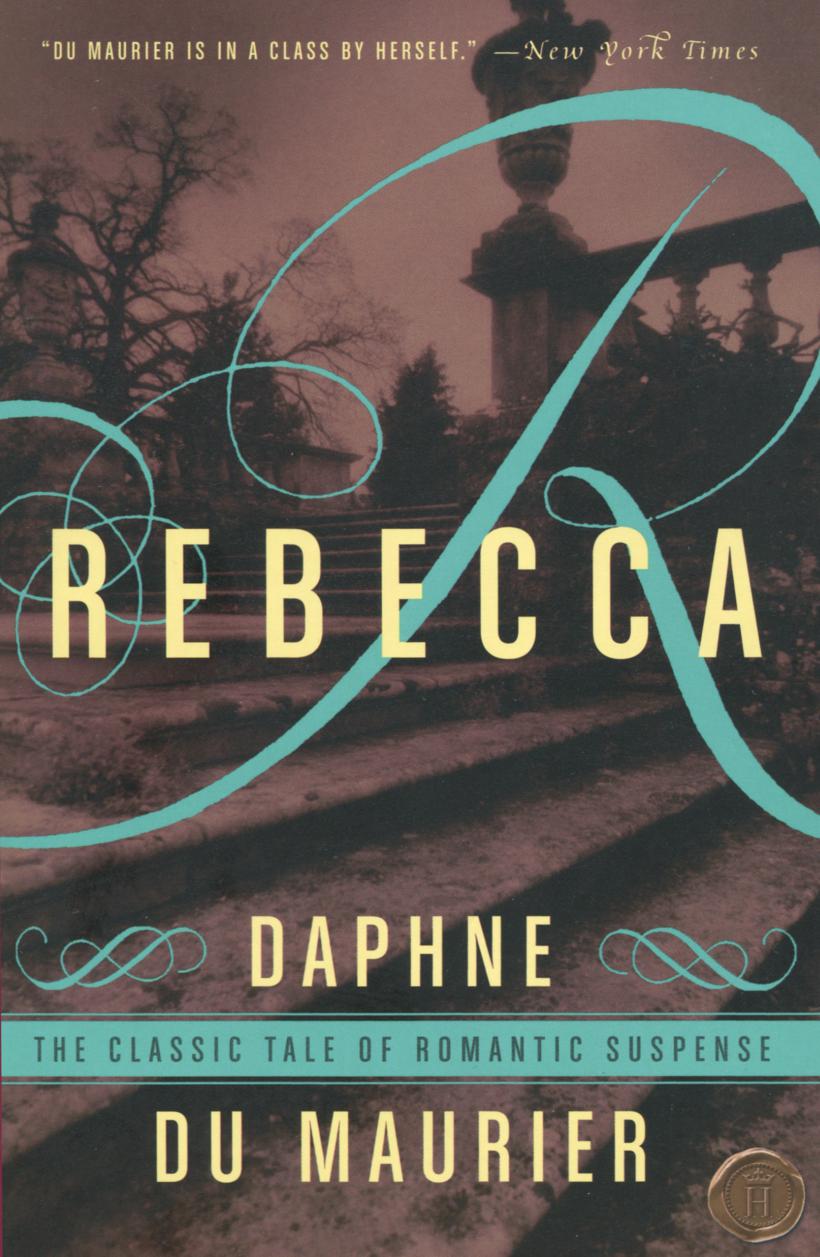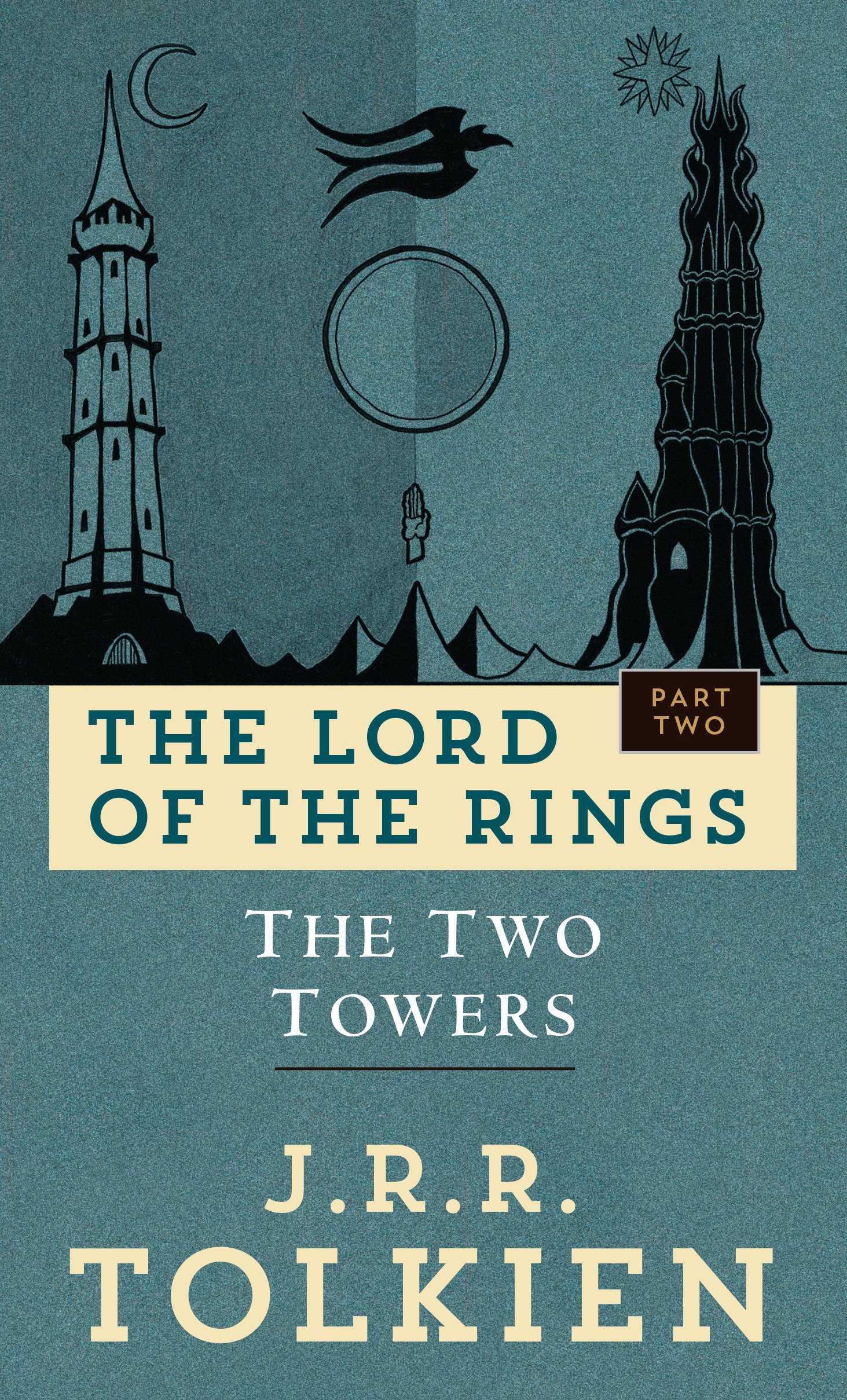I read The Hobbit back in middle school, and though I very much enjoyed it, I never went on to read The Lord of the Rings trilogy and I'm not sure why—I was obsessed with the fantasy genre as a kid. Maybe The Hobbit came at the tail end of that phase in my life, but I remember thinking that it was "for boys" and that I didn't want to try it. When the movies became explosively popular, I still didn't partake and to this day I've never seen any of them. I'll have to change that once I'm done with these books.
The Fellowship of the RingMy main takeaway is that it's c
ute. The friendships, the scenery (absolutely beautiful depictions by Tolkien), and generally, the happiness exuding from the whole thing. Even as there's constant danger and imminent death tailing Frodo and his pals, they sing upbeat tunes to pass the time and somehow constantly make it to safe havens where they are altogether protected
. Unlike the real world, friends can be trusted to be
good and there is a clear understanding of who the opposition (or enemy) is. There's comfort in the childlike innocence that seems to surround Frodo, and the trust that can be unequivocally given to the "grownups" like Gandolf and Aragorn.
Quick, exciting, and a pleasure to read—on these adventures, I'm brought back to my childhood self who loved the fantastic. I look forward to continuing the story.
The Two TowersThere's a definite shift in tone for this part of the journey, straying from leisurely merriment to a darker foreboding one. What remains, though, is the safety of friendship (and the giving of gifts when one is met, which is a lovely trademark fantasy move—I wish strangers would give me things to aid in my journey every time I came across them).
The splitting of parts for different POVs between the divided Fellowship members is interesting. Personally, I preferred following Frodo, Sam and Smeagol...who turned out to be quite charming, in his way. He caught 2 rabbits for the hobbits to eat? Adorable. The somewhat sudden (?) bromance between Legolas and Gimli is a close second for cuteness factor, though.
Backing up, the forward in the second book of my "only complete and authorized US paperbound edition of the trilogy" is by Peter S. Beagle from 1973, and he opens with the fact (similar to the forward in the first book) that when he first read the trilogy, it was hard to find and practically a secret. It's hard to imagine what that would be like, in today's world of readily available media.
Anyway, his note about the relevancy of the work to the Fifties and Sixties is lovely and seemingly as fitting to today's world than it was back then. The world is cruel and backwards, and Middle-earth is an escape. At least there, right and wrong are clear. I wonder when progress will finally become a reality instead of just an idea:
"We are raised to honor all the wrong explorers and discoverers—thieves planting flags, murderers carrying crosses. Let us at last praise the colonizers of dreams."
The Return of the KingI've never much liked battle scenes, so with this third book being made up mostly of that, I have to say it was my least favorite. Whenever the story strayed from Frodo's quest, I found myself disengaged and bored—I don't care to read the details of men at war. Tolkien also really started going gangbusters throwing out different names and locations in this one and it was SO hard to keep track of what was what. Honestly, I kind of gave up and just glossed over really understanding those parts.
In the end, though, it was an epic tale of adventure and friendship. The hobbits come out as boys changed into men who earn almost equal standing with the protectors who seemed so very grown up in comparison in the beginning. Like many other stories, the "hero" (Frodo) couldn't have done anything on his own and it's thanks to the friends around him that he accomplished anything at all; Sam, being the real MVP, or course, with the most heart, bravery, and conviction of all. I'm glad to see, too, that Bilbo did not perish—his nodding off to sleep in old age near the end really frightened me into thinking it was the end for him.
There is now almost a third of the remaining book's worth of appendix, which looks to have additional backstory on various characters, including Aragorn and Arwen. I watched the first LOTR movie after having read the first book, and at the time, thought the random romance between the two to be a cheesy Hollywood addition. Perhaps it wasn't, and it was here all along. My next task will be to find out.









